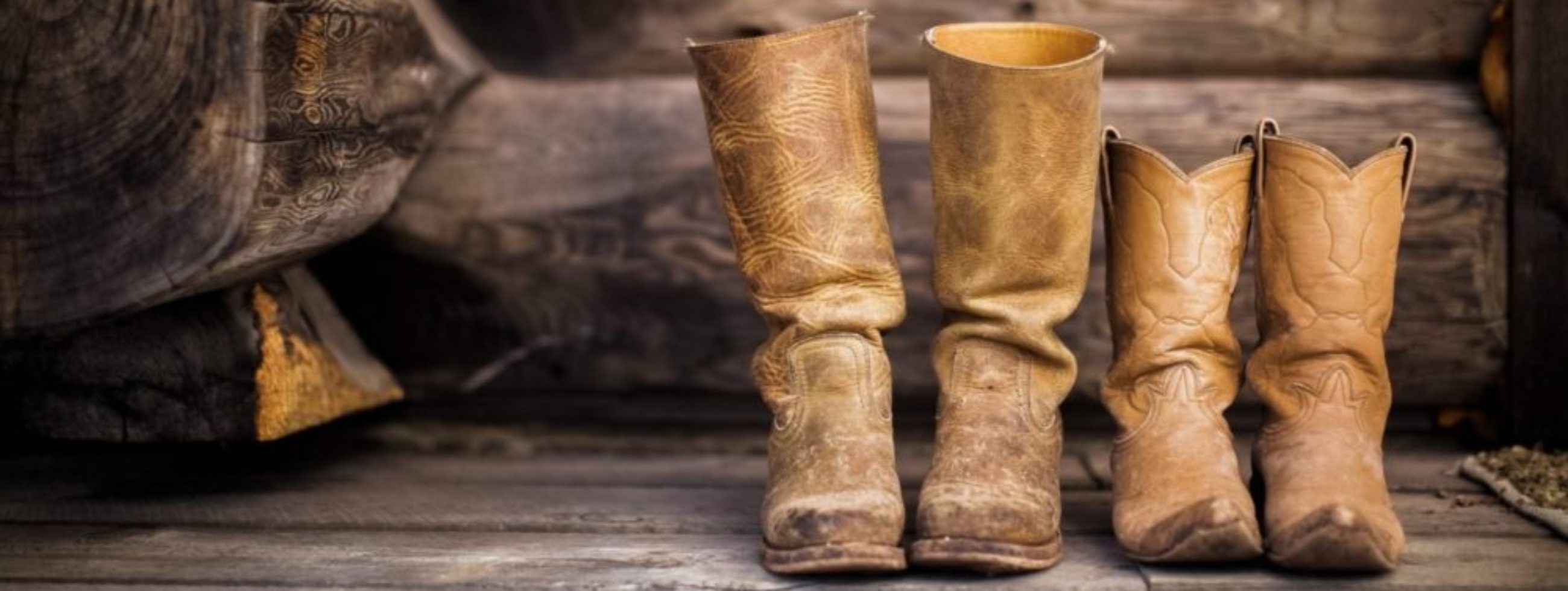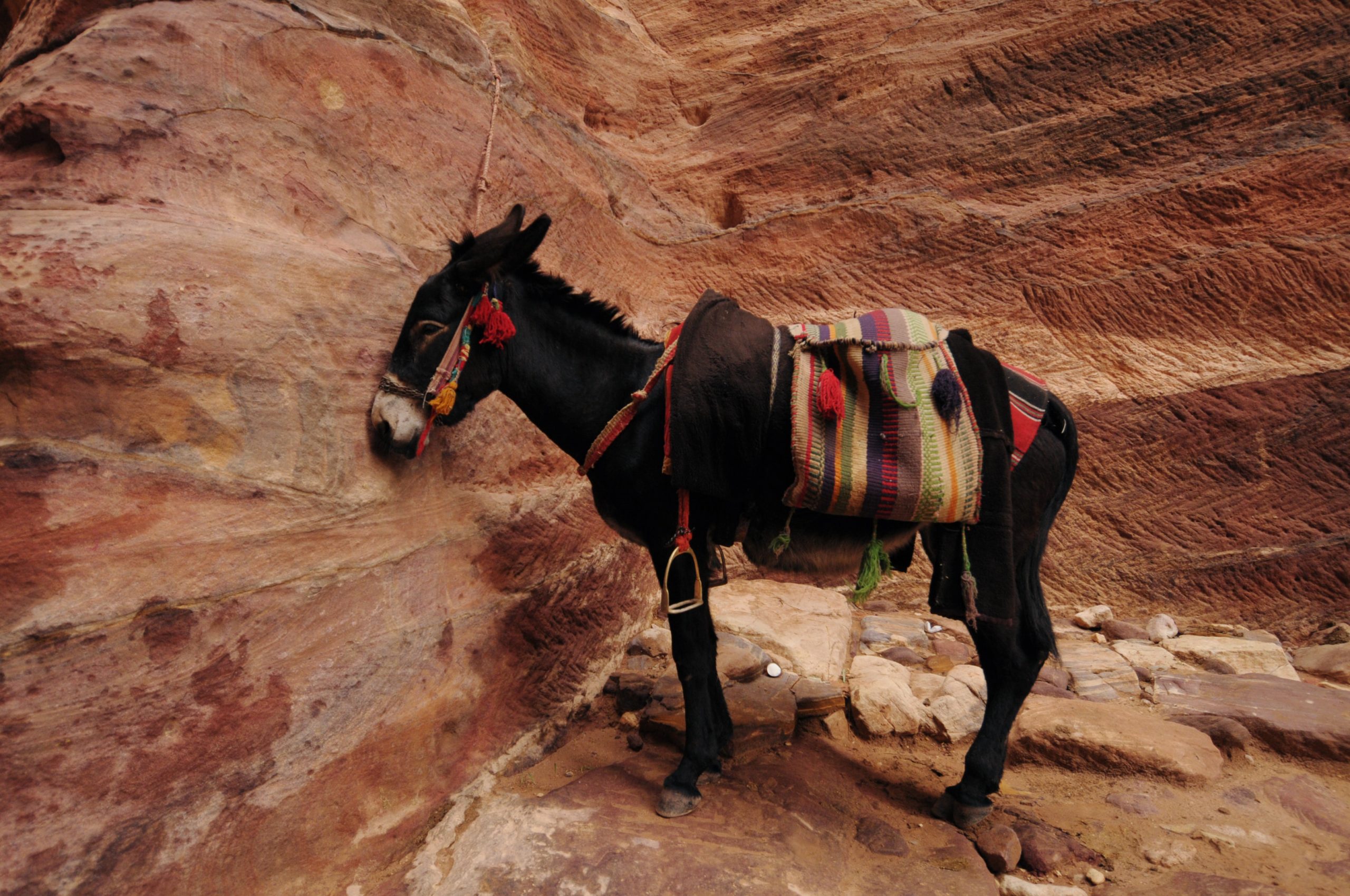My Uncle’s Mule
She would never be a horse,
but that was genetic.
“Mula Prieta,”
my uncle would say
and whistle to the shiny black mule
that would come around.
She was not as tall a horse, of course
but big she was.
Black coat resembling
fresh broken obsidian.
“Mula Prieta,”
was the closest she came to a name.
Not like the other donkeys who
might have been her father:
Burro Canelo,
Burro Pasmado,
Burro Paísa!
They had attained names.
“Mula Prieta,” she remained.
No one could remember
her father
to say the least of her mother.
Everyone knew
that grandfather’s
young “Alazan”
had been fathered by a horse
from over the sierra
and that his father’s father
had been the horse
Coronél Esteban Torreshad
ridden into one of those
Guadalajara battles.
And so the history
of the horse’s ancestors
would continue
till someone could assure
that grandfather’s
small quarter horse
had been historically fathered
by Nuño de Guzman’s
very own horse, the one
he rode to conquer Jalisco.
But that was not why she was
special or memorable.
Rather it was
her ability to refuse
being bridled.
No one could get
close to her ears.
She would jump,
neigh,
stomp,
kick,
and fight till
my uncle would
break her spirit
for that day.
A last statement
about her wildness.
The part of her
the horse breaker
couldn’t get out.
It has been told
unto me
that a mare’s ears are
erogenous.
Horses in courtship
bite at each other’s ears.
Maybe,that’s why she
would not let anyone
touch her ears.
Don Bartolo said
that my uncle got
her cheap
because she would always
put up a good fight
when being saddled up
in the mornings.
In the evenings
she would not hesitate
to let you pull the bridle off.
She would run around the corral
remembering something lost.
It was the copal tree
at the other end of the Beladero farm
that my uncle took her one morning.
She was refusing to be bridled.
My uncle had been out
drinking most of the night.
I knew because
my aunt, Asunción,
had come around
midnight asking me
to start thinking
about going to look
for my uncle.
The dogs broke into a sprint
and I knew I
could go back to sleep.
The Copal tree
besides being all
gummed up
and sticky
resembled an old
craggy oak bent over.
He lassoed the mule
around the neck
and threw the rope at me
and I wrapped around
the Copal’s trunk.
I knew I had to
do it.
I saw the shimmer
in his eyes
and smelled the alcohol.
And the last thing
I wanted to be
the mule tied up on this
Copal tree.
It was a tough fight.
She shook the tree with all her might.
I kept running into the
tree trunk and then sticking my foot against
it as I pulled back with all might.
At one point my uncle
was yelling,
“Pinche! Mula Hija de tu púta Madre que te pareo.”
and he took out his 38
and fired it near her ear.
She jumped and hung herself.
For an instance in time
I held the rope
and I saw my uncle drop
the gun and jump to the mule’s
side and begged her not to die.
I let go the rope in tears.
and she fell to the ground
spasmodically.
My uncle was crying
and calling for my aunt Asunción.
I don’t know why.
A few seconds later,
after we had splattered
a bucket of water.
She came about shimmering black.
I knew that
she had beaten my uncle that day.
I had felt her strength
and wondered when
I would break
away from the abandon
of my Norteño parents
who had left me behind
with a tyrannical uncle
who not only beat his
kids but also his mule.
Hacienda In The Valley
The hacienda was made
of mud bricks.
Adobe de lodo,
the old men would say.
High ceilings
dark rooms
humid and musty.
In the back
a mesquite tree
covers the old scroungy horses.
It’s branches
thinned out
and brittle.
An old horse stable
converted into a
chicken coop.
In the afternoon
about three,
you can hear
the chickens cawing
after laying
their singular egg.
The pigs nestled
in the mud.
Inching their snouts
on their neighbor’s back.
The dogs,
mutts that they are
huddle under the shade
of the zapote tree.
The cows busy in
the rock built
corral licking
big salt granules offt
he trough.
The old men
prop their feet
and push forward
their hats over the face
on the front porch
of the old Spanish hacienda
and rest.
Rest
from mornings
of cow milkings,
bale tossing,
slop and pigs,
shovels full of horse
droppings
over the head,
and the mute bells
of cows lost
on those mesa valleys.
Tilling the soil from
early dawn until
late in the afternoon.
The women scrubbing
dirty clothes
by the riverside
talk about the radio soap opera
and laugh.
The sun,
red above all of this,
warming
penetrating
afternoon smoothness.
The old men
gather
the young ones
away from pond diving,
marble playing,
or top spinning
and continue to
inch along those
fields like the sun
above their heads.
The fields plowed,
the cows gathered,
the chickens locked up,
the horses unsaddled,
and the pigs all fed.
The fading sun light
burst lamps aflame.
Grandma’s good cooking.
Everyone gathers
around the fire
waiting for one
of grandfather’s stories.
Mr. Tezozomoc is a Los Angeles Chicano Poet and 2009 Oscar Nominated Activist. He recently was published by Floricanto Press, “Gashes!: Poems and Pain from the halls of injustice”, a collection of poetry, ISBN-13: 978-1951088040, 9/2019. He has been published in numerous journals nationwide and featured in readings across the greater Los Angeles area.
He believes strongly in supporting other poets in the journey to find their voice. He runs and supports venues for readings, and magazines that provide support for poets, and also organizes workshops for poets to get together and workshop their poems.

